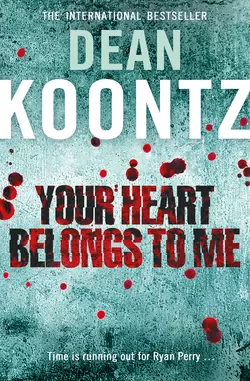Your Heart Belongs to Me

Dean Koontz
Тип: электронная книга
Жанр: Современная зарубежная литература
Язык: на английском языке
Стоимость: 689.98 ₽
Статус: В продаже
Издательство: HarperCollins
Дата публикации: 16.04.2024
Отзывы: Пока нет Добавить отзыв
О книге: A high-concept new thriller from the internationally acclaimed Dean Koontz about a young man who owes his life to a heart transplant … but confronts an imminent and far darker deathAt 34 Ryan Perry suddenly finds himself on a waiting list for a heart transplant. Although he keeps working and looks fit, his condition is deteriorating.Nevertheless, Ryan manages to remain upbeat, and his reward is well deserved. He receives a new heart, and the transplant is a success.One year later, Ryan has never felt better. Except for … troubles connected to the heart. His new, fine, healthy, feel-good heart. It began with mysterious gifts from an unknown person, a feeling of being watched. Someone, not Ryan, transfers $100,000 from his bank account to the cardiology department of a local hospital – how is this possible?Becoming more watchful himself, Ryan more than once glimpses a mysterious woman whom he tries to follow, but she is too circumspect even for the detective he hires to follow her. He has nothing to take to the police.Instead, by an extraordinary effort, he uncovers the identity of the donor of … the heart. His heart. A photo shows someone who looks awfully like the mysterious woman … who now lets him know that everything will be taken from him: his money, his reputation, his friends, his freedom; and ultimately his heart…Prepare for the unexpected in this compelling and fast-paced thriller from the master of suspense.